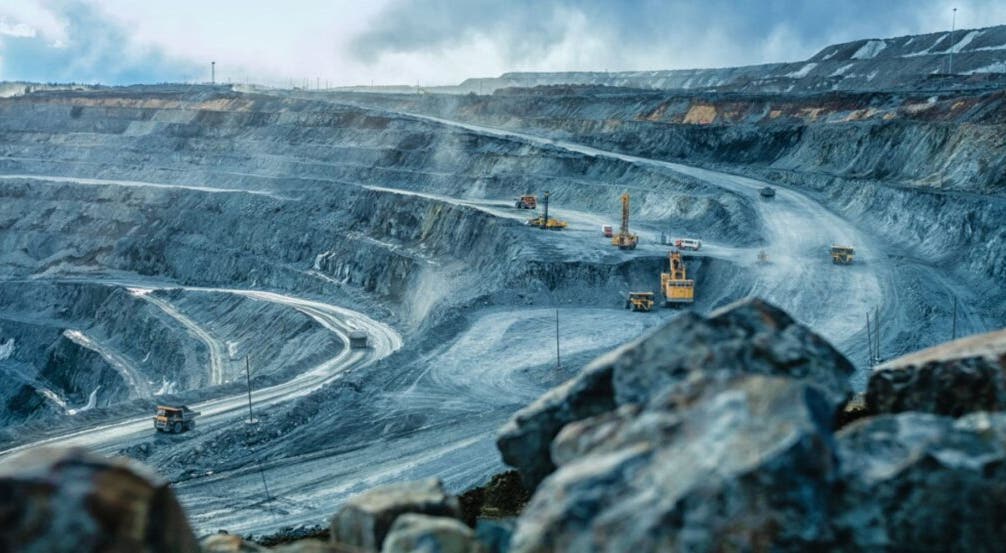The energy transition that requires vast amounts of minerals like copper and lithium to move the economy from dependence on fossil fuels to renewable sources of electricity has created a shift in the tension between environmentalists and the mining industry.
Conservation groups find themselves opposing mining projects that aim to extract metals like copper and lithium needed to make electric vehicles, wind farms and solar panels. They worry that, even though the end goal will help decrease carbon emissions, a rush to develop the mines may skirt environmental protections put in place over the years.
One of the latest battlegrounds is the Mining Regulatory and Clarity Act. Introduced by Democrat and Republican legislators from mining-heavy states Nevada, Idaho and Alaska, the measure aims to explicitly allow mining companies with claims on federal land to dump rock waste on public land next door, even if those adjacent claims aren’t proven to contain valuable minerals.
This has been the practice under the General Mining Act of 1872, which governs hard rock mining of minerals including gold and copper under land owned by the United States and leased by miners.
Over the century and a half of the law’s existence, mining has evolved from pickaxes to large industrial operations that remove much more ore and waste rock than the hand-held shovels of yore. Mining companies often deposit that waste on adjacent unprofitable claims rather than on top of land that contains valuable minerals.
Conservation groups have been contesting that. In 2019 …

Leave a Reply